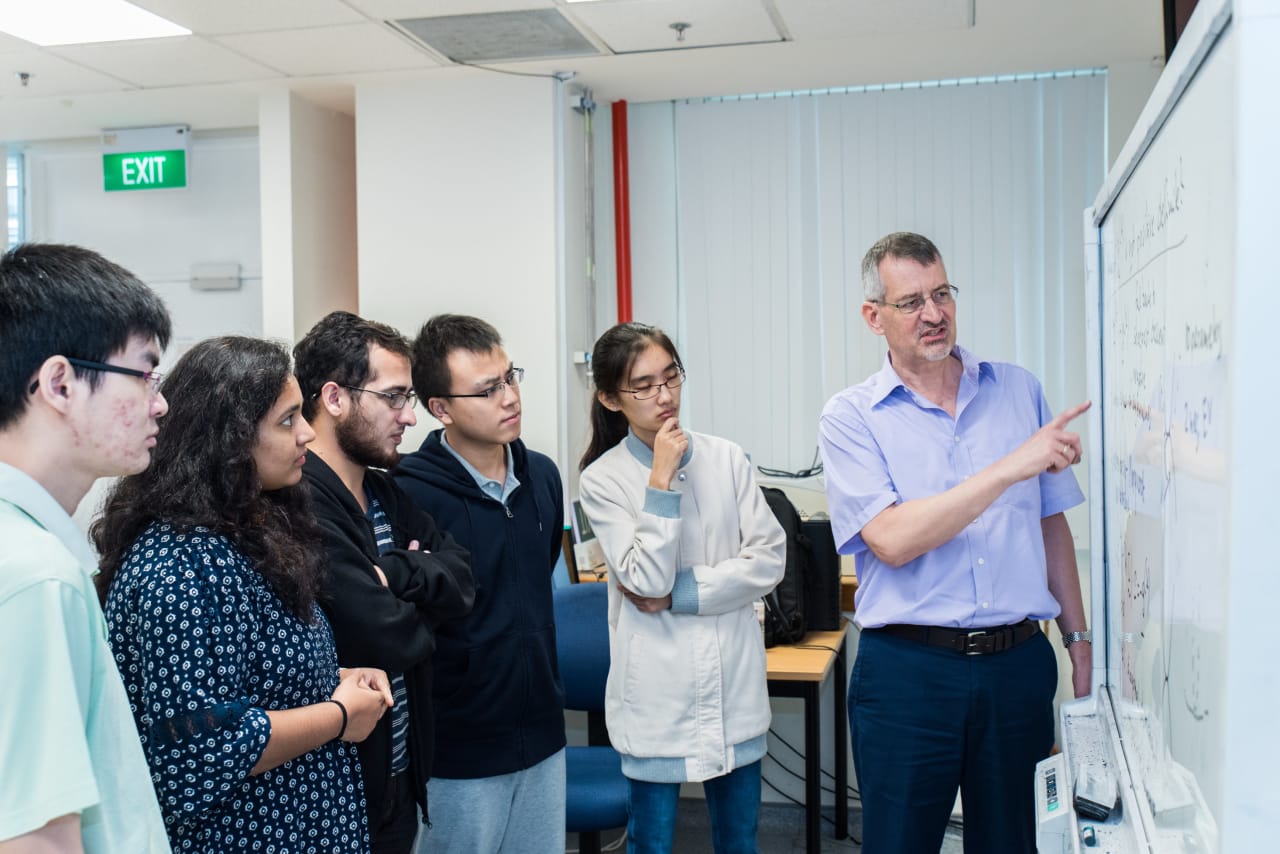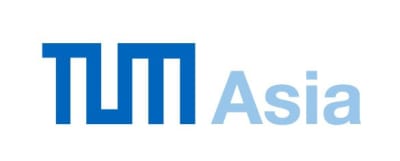
Master of Science in Integrated Circuit Design (IC Design)
Technische Universität München Asia (TUM Asia)

Key Information
Campus location
Languages
English
Study format
On-Campus
Duration
24 - 24 months
Pace
Full time
Tuition fees
Request info
Application deadline
Request info
Earliest start date
Request info
Scholarships
Explore scholarship opportunities to help fund your studies
Introduction
The international Master of Science in Integrated Circuit Design which is jointly offered by Nanyang Technological University (NTU) and Technische Universität München (Technical University of Munich, TUM) aims to educate the next generation of engineers and entrepreneurial leaders for the fast moving semiconductor industry. Changes in integrated circuits (ICs) technology have had a huge impact on our day to day life. Incredible technological advances over the last 50 years enable us to integrate billions of transistors on a single integrated circuit. At the same time the cost of a single transistor has decreased exponentially. The result is that every day, new attractive applications for the use of ICs open up, enabling the semiconductor industry to grow much faster than the overall economy. However, the semiconductor industry’s capability to make intelligent use of all these transistors in designing successful products has not kept pace with the manufacturing capabilities. The electronics and semiconductor industries are therefore constantly looking for well-educated integrated circuit design engineers.
The 2-year full-time Master programme includes content that ranges from analog, digital and mixed-circuit design over architectural concepts for integrated circuits to design methodology and automation. Product manufacturing and testing are also addressed. Integrated circuit design is also placed in a broader context, by teaching fundamental concepts of signal processing which are at the core of today’s communications circuits. Students will also be taught essential non-technical topics such as product marketing, international management, patent law and aspects of culture and globalization. This will be mainly done by highly qualified lecturers from the industry.